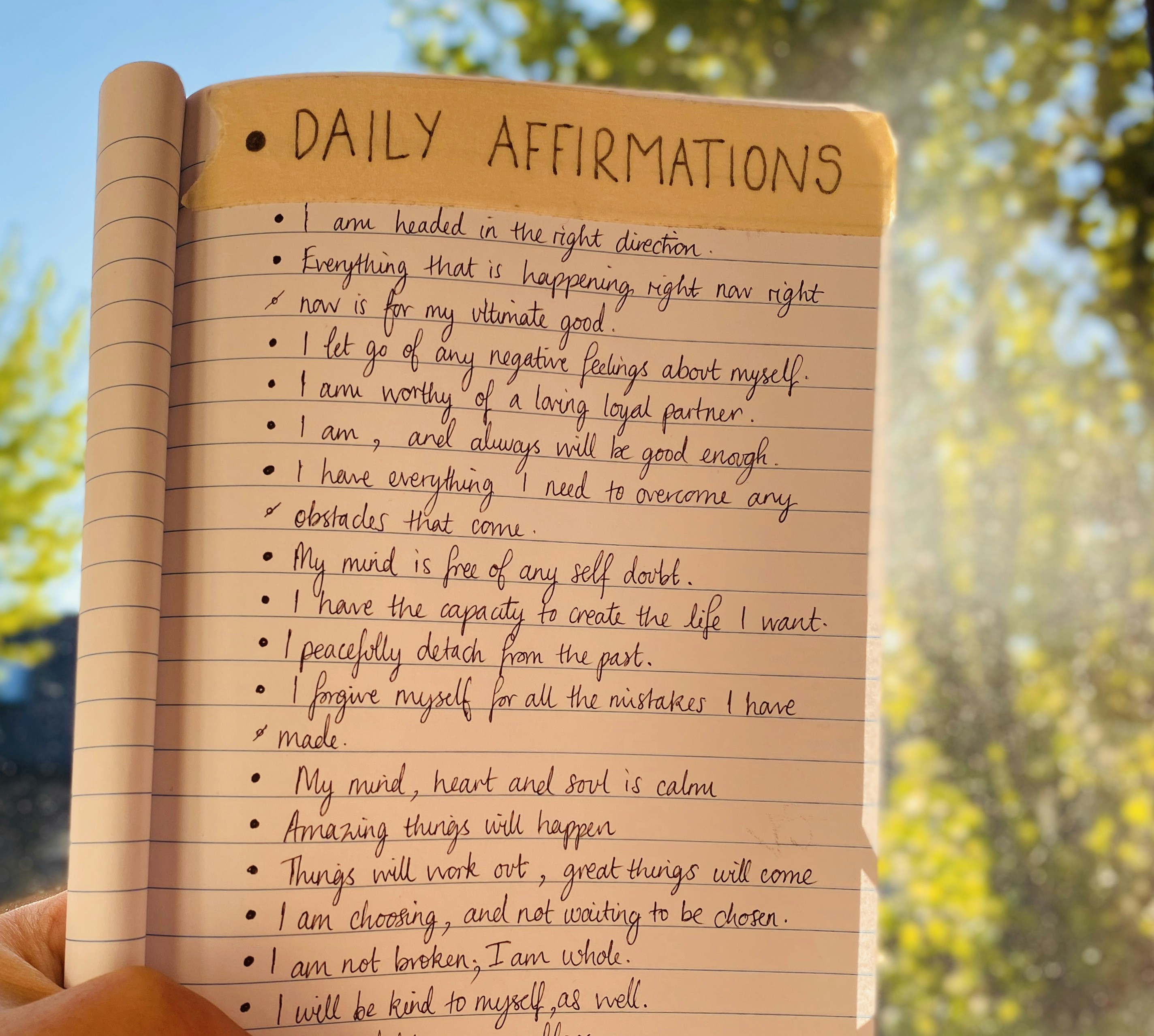Starting a self-reflection journal is one of the most powerful ways to grow as a person. It helps you slow down, understand your thoughts and feelings, and make better decisions. A self-reflection journal is not about writing perfect stories or long pages every day. It’s simply a space where you can be honest with yourself.
If you’ve ever felt confused, stuck, or unsure about your life, journaling can help you find clarity. It’s like having a quiet talk with your inner self. You get to ask questions, look at your behavior, and understand why you feel the way you do. And the best part? There’s no right or wrong way to do it.
How to Start a Self-Reflection Journal
1. Choose a Journal You Like
You don’t need anything fancy. A simple notebook or even a digital app is enough. What matters is that you feel comfortable using it. Pick something you enjoy looking at and holding. If you like how it feels, you’ll be more likely to use it regularly.
2. Decide on a Regular Time
Self-reflection works best when it becomes a habit. You don’t have to journal every day, but try to set a time that fits your schedule. Many people like writing at night before bed or early in the morning. Start with just 5 to 10 minutes a few times a week. The goal is to create a quiet space in your day to check in with yourself.
Read also 15 Tips on How to Journal for Healing
3. Create a Calm Space
Find a spot where you feel relaxed and won’t be interrupted. This could be a corner of your room, a quiet outdoor spot, or even just your bed with the lights low. When your space feels peaceful, it’s easier to open up and reflect.
4. Begin with Simple Prompts
If you don’t know what to write, that’s okay. Use prompts to get started. These are simple questions that help you focus your thoughts. Here are a few beginner-friendly prompts:
- How am I feeling today, and why?
- What is something I’ve learned about myself recently?
- What drained my energy this week? What gave me peace?
- What do I need to let go of?
- What is one choice I made today that I’m proud of?
You can rotate through different prompts or stick with one that feels right. Over time, you’ll find it easier to dive into your own thoughts without needing prompts.
Read also: How to Write a Gratitude Journal
5. Be Honest and Gentle with Yourself
Your journal is a judgment-free zone. You don’t need to impress anyone. Be as honest as you can, even if the truth is hard. But also be gentle. If you made a mistake or feel bad about something, try to write with kindness. Treat yourself the way you’d treat a friend.
6. Write Without Rules
Don’t worry about spelling, grammar, or how long your entries are. You can write full sentences, short phrases, or even just words. Some days you might write a lot, and other days only a few lines. That’s fine. The key is to express what’s on your mind and heart.
Read also: 8 Way to Write a Nice Reading Journal
7. Don’t Force It
If nothing comes to you, don’t force yourself to write. Just sit quietly and ask yourself how you’re feeling. Sometimes, just sitting with your thoughts is enough. Other times, a single sentence can say more than a full page.
8. Look Back Over Time
After a few weeks or months, go back and read your past entries. You’ll start to see patterns in your thoughts, habits, or emotions. This helps you understand what’s been working and what needs to change. Self-reflection is not just about writing—it’s also about learning from what you’ve written.
9. Keep It Private
Your journal is for you, not for anyone else. If you’re afraid someone might read it, find a safe place to store it or use a digital app with a password. The more private it feels, the more honest you can be.
10. Use It to Set Intentions
Self-reflection helps you learn about the past, but it also helps you shape the future. After writing about your thoughts or feelings, try ending your entry with a simple intention. For example:
- Tomorrow, I will speak more kindly to myself.
- I will take a break when I feel overwhelmed.
- I will try to face one fear this week.
Setting intentions helps you turn insight into action.
Final Thoughts
Starting a self-reflection journal doesn’t need to be complicated. It’s about slowing down, listening to yourself, and finding meaning in your everyday experiences. Over time, it helps you grow into a more thoughtful, peaceful, and grounded version of yourself.
You don’t need to write every day. You just need to show up when you can, be honest, and give yourself space to think and feel. Your journal can become a trusted place—a quiet, safe space where you can be your real self.
Save the pin for later



